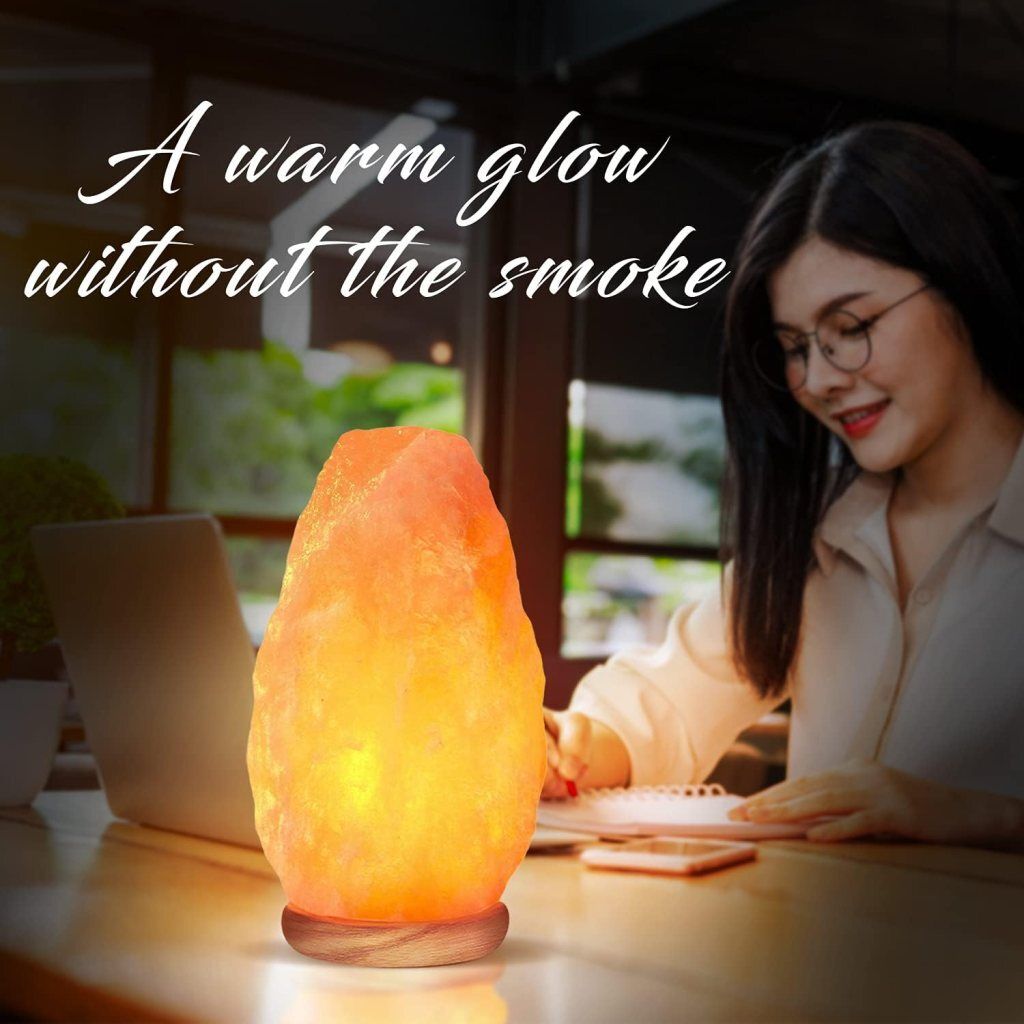- Ark's Newsletter
- Posts
- Feeling Emotionally Drained? This Quote Might Explain Everything
Feeling Emotionally Drained? This Quote Might Explain Everything
Discover the hidden emotional toll behind your daily fatigue—and how one thought-provoking quote can lead you to lasting energy and clarity.

The Burden of Excess: Embracing Minimalism for True Happiness
In a world that often equates happiness with material wealth, the philosophy of minimalism offers a refreshing counterpoint. As Robert Bralt wisely stated, “Everything we possess that is not necessary for life and happiness becomes a burden, and scarcely a day passes that we do not add to it.” This profound insight highlights the hidden costs of accumulating possessions beyond our basic needs, urging us to rethink what truly brings joy and fulfillment.

The Weight of Possessions
The pursuit of material goods is often driven by the belief that they will enhance our happiness. However, scientific research, including the concept of the hedonic treadmill, reveals a different truth. The hedonic treadmill describes how the excitement of acquiring something new—be it a bigger house, a luxury car, or the latest gadget—fades quickly. Once the initial thrill wears off, we’re left chasing the next purchase in a cycle that promises happiness but delivers diminishing returns.
This cycle turns possessions into burdens. Beyond a certain point, acquiring more does not improve our quality of life; instead, it complicates it. As Bralt’s quote suggests, anything beyond what is necessary for life and happiness becomes a weight we carry. The larger home requires more maintenance, the extra belongings demand storage and care, and the constant pursuit of “more” consumes our time and attention. This leaves less room for the things that truly matter—relationships, personal growth, and inner peace.

The burdens of excess are multifaceted. First, there’s the emotional toll of the hedonic treadmill. We invest time, energy, and resources into acquiring something, only to find it doesn’t fulfill us as expected. This leads to a sense of emptiness and the compulsion to seek the next thing, perpetuating a cycle of dissatisfaction.
Second, material possessions require ongoing maintenance. A larger house means more cleaning, repairs, and expenses. A growing collection of items demands organization, storage, and sometimes even additional space to house them. This constant upkeep diverts our focus from meaningful pursuits to the management of “stuff.” As Bralt notes, every unnecessary possession adds to this burden, subtly eroding our sense of well-being.

Finding Joy Within
The antidote to this cycle lies in embracing simplicity and redirecting our focus inward. Minimalism encourages us to prioritize what is truly necessary—basic needs like food, shelter, and meaningful connections—while letting go of the excess. By doing so, we free ourselves from the endless chase for external validation through material goods.
True happiness, as the philosophy suggests, is not found in accumulating possessions but in cultivating joy within. Unlike material goods, inner joy does not fade with time. There is no hedonic treadmill for the contentment found in gratitude, mindfulness, and living in alignment with our values. By focusing on what brings us genuine fulfillment—whether it’s time spent with loved ones, pursuing passions, or simply appreciating the present moment—we create a life of increasing joy and peace.
Breaking Free from the Treadmill
To escape the hedonic treadmill, we must make a conscious choice to redefine happiness. This starts with being content with what we have, recognizing that beyond a certain point, more possessions do not equate to more joy. Minimalism invites us to declutter not just our physical spaces but also our minds, letting go of the societal pressure to always want more.
Practical steps toward this mindset include evaluating our possessions and keeping only what serves a purpose or brings true joy. It means resisting the urge to upgrade for the sake of status and instead appreciating the simplicity of a life unburdened by excess. By shifting our focus from external acquisitions to internal growth, we can cultivate a sense of well-being that is both sustainable and deeply fulfilling.
Conclusion
Robert Bralt’s words remind us that the pursuit of unnecessary possessions often leads to a heavier, emptier life. By embracing minimalism and focusing on what truly matters, we can break free from the hedonic treadmill and find lasting happiness within. Let’s choose to live simply, cherish the essentials, and discover the joy that comes from a life unburdened by excess. Share this perspective with friends and family, and together, let’s build a community that values inner peace over material gain.
